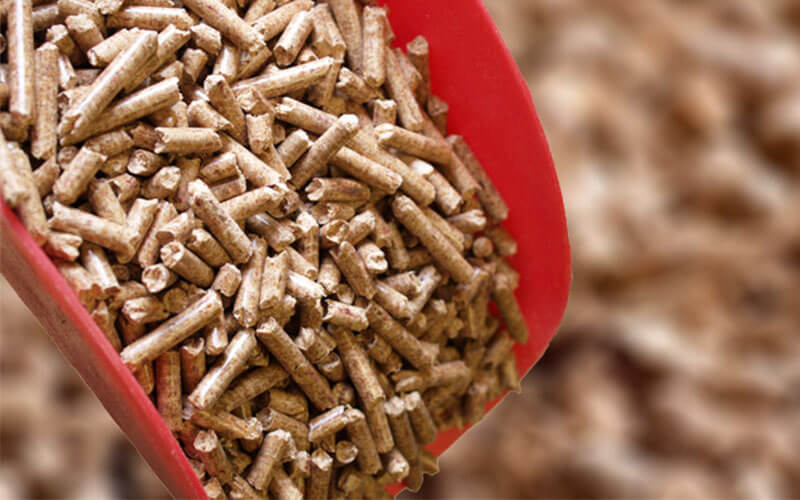



Article by: Hari Yellina
Australian biomass producers are ramping up the production of coal-replacing pellets made from forestry waste to meet the soaring global demand for sustainable energy. SEFAAS Pty Ltd, based in Queensland, is leading the way by using waste from the harvesting of two main environmental woody weeds on beef properties: prickly acacia and mesquite. Biomass pellets yield roughly 85% of the energy of coal per tonne while emitting less than 5% of the greenhouse gases. SEFAAS has supply agreements with a number of Japanese power plants, as well as renewable energy companies in Europe and Korea.
The company, which is part of the Jarratt Group of Companies, has now acquired more than 200 million tonnes of biomass feedstock from around Queensland. It plans to build a manufacturing and export facility in Brisbane and is looking at locations in Gladstone and Townsville as well. To assist the flow of product from the field to the end market, each plant is placed near a major port terminal with arterial road and rail connectivity. Each of the locations will be able to produce 500,000 tonnes of biomass pellets per year. In the coming years, the Brisbane facility will treble its manufacturing capacity, allowing the company to generate two million tonnes per year and offset tens of millions of tonnes of carbon emissions.
This aim will be met thanks to the feedstock already acquired, and SEFAAS hopes to generate 5 million tonnes per year in the future. The goal of geographically distributing plants across the state, according to managing director Phillip Jarratt, is to provide improved supply security and production certainty. Biomass pellets, he continued, are a renewable, sustainable, low-carbon solid fuel that may be used in thermal power plants instead of coal. Mr Jarratt said SEFAAS was quickly establishing itself as a significant supplier of renewable biomass pellets to Japan’s booming low-emission energy and industrial sectors.
Jarratt Transport Solutions has been developing SEFAAS as a diversification for seven years, using cotton gin garbage being the original strategy for producing biomass. When the company’s chlorine readings from that commodity proved to be an issue, it turned to other agricultural sources. Mr Jarratt added, “The Australian Forestry Industry has been looking for a solution to the waste material created in the timber industry.” “The forests and the local populations that support the industry are both threatened by this garbage, which poses a significant wildfire risk. It’s also home to feral pests like cats and foxes, which prey on Australia’s unique fauna.”